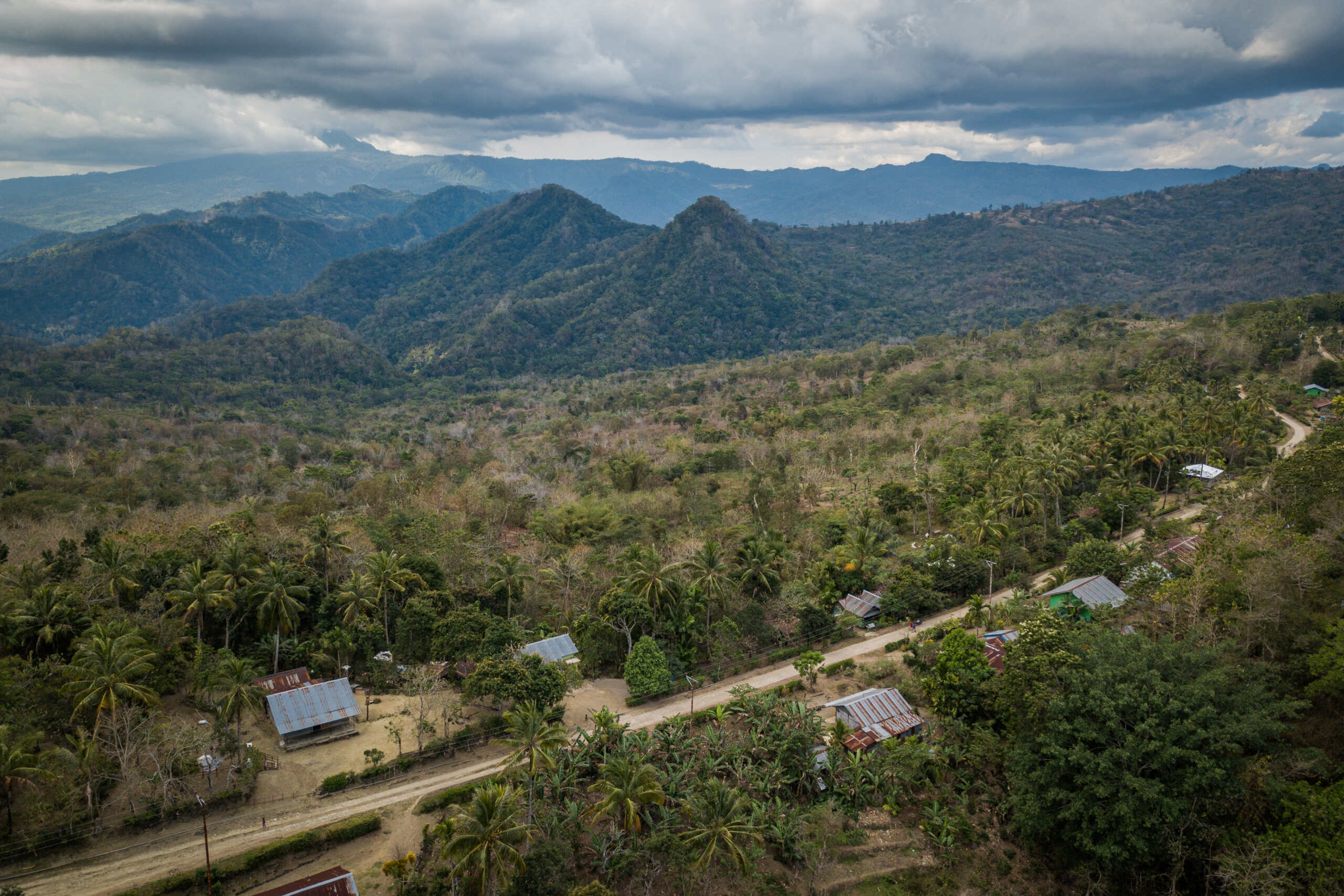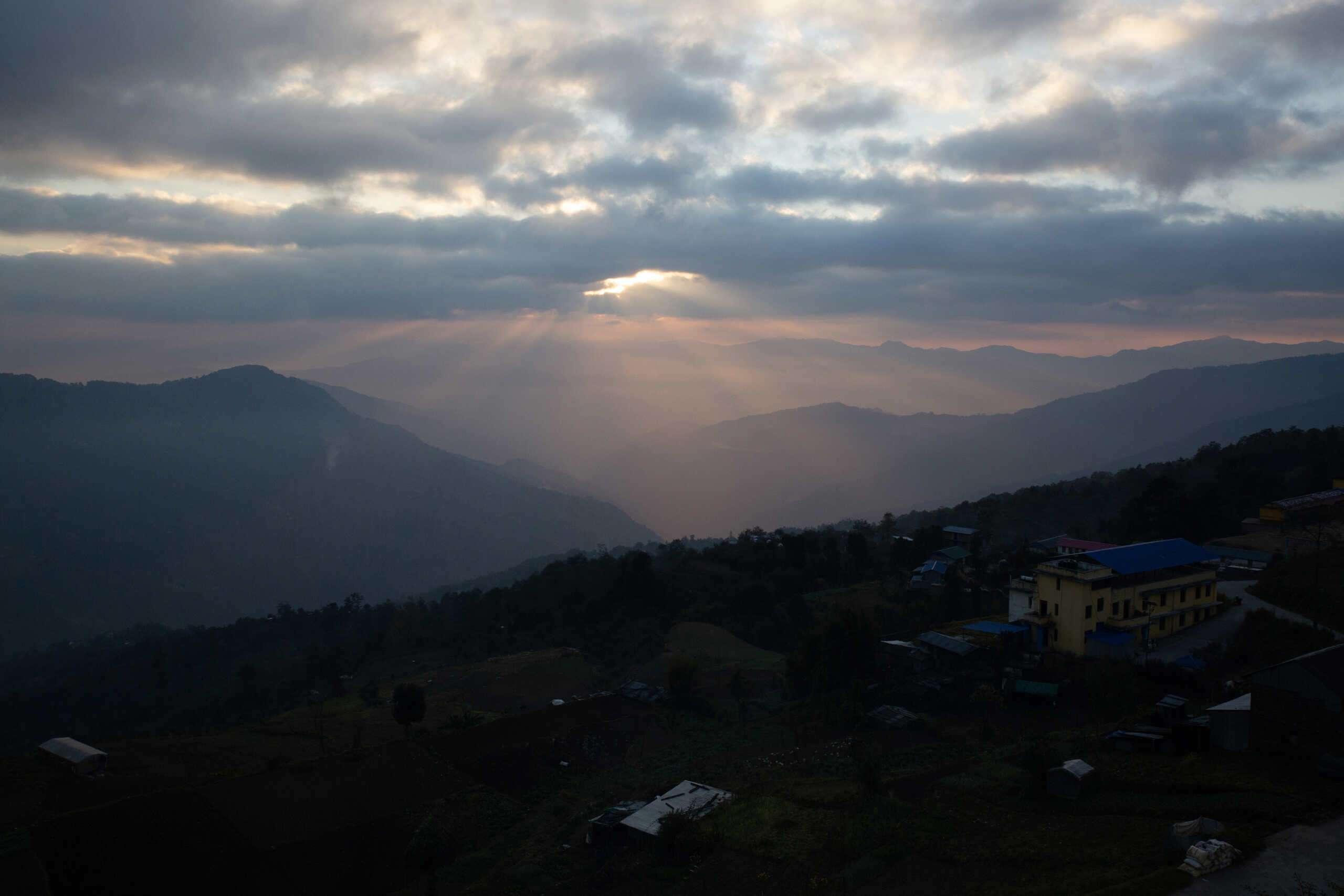School’s back but lack of inclusive education leaves children with disabilities behind
Education, Stories | April 19, 2023
Millions of children with and without disabilities across Australia are getting ready for the new school year. They are looking forward to seeing their friends and receiving an education that most would take for granted.
That’s because the right to education has been a fundamental human right since it was enshrined in the Universal Declaration of Human Rights (UNHDR) in 1948.
Across the world, not all children are able to realise this right due to a lack of access and opportunity. Globally, on average, one in three children with disabilities of primary school age is out of school, compared with one in seven children without disabilities.
Having either a moderate or a severe disability reduces the likelihood of school attendance for children with disabilities worldwide. Many factors contribute to this, including the accessibility of schools, stigma and discrimination, and lack of appropriate teaching methods for children with various impairments.
Education is a universal human right. Watch our video on inclusive education.
In the Asia-Pacific region, children with disabilities are among the most marginalised, excluded and vulnerable children in the world. Almost half of all children with disabilities live in the Asia-Pacific region. They often have limited access to basic services, including education, health services and psychosocial support.
Education must be inclusive of children with disabilities. Inclusive education is where children with disabilities are educated within mainstream schools that can meet their needs.
Karen from Papua New Guinea knows the importance of inclusive education, because without it, she would not have graduated from primary school second in her class. Born blind, Karen was shy and dependent on her mother for everything. Over time, her parents noticed Karen was very bright and wanted her to go to school so they approached a local resource centre in Papua New Guinea where she learned orientation and mobility skills as well as how to read Braille. An inclusive education officer also gave orientation training to her teachers and conducted awareness training for Karen’s classmates. These modest supports have helped Karen to make her start count, providing her and her family with opportunities to thrive and live a fulfilling life.
With little more than seven years to go until the 2030 deadline for achievement of global commitments to ‘leave no one behind’ as part of the Sustainable Development Goals, it is essential that governments and other actors ensure that children with disabilities are seen and supported, so that truly, no one is left behind.
Australia plays an important role in supporting our Asia Pacific neighbours to break the cycle of poverty and disadvantage. All children deserve an education. We can do more to help children with disabilities in our region make their start count through accessing inclusive education.
Sign up to join us through the year in urging the Australian government to help children make their start count
https://www.cbm.org.au/stories/schools-back-but-lack-inclusive-education-leaves-children-with-disabilities-behind
Related Stories

Week 2 – Lent series 2026
As we continue our Lent journey, we’re grateful to share a heartfelt reflection from CBM Australia’s Head of Program Impact Operations, Kieran Cummins, who...

Building inclusive, climate resilient communities in Bangladesh
Highlights from DFAT Post’s visit In January 2026, representatives from the Australian High Commission in...

Week 1 – Lent series 2026
As we enter the season of Lent, we’re taking time as a community to pause, reflect, and draw closer to the heart of God. Lent invites...
